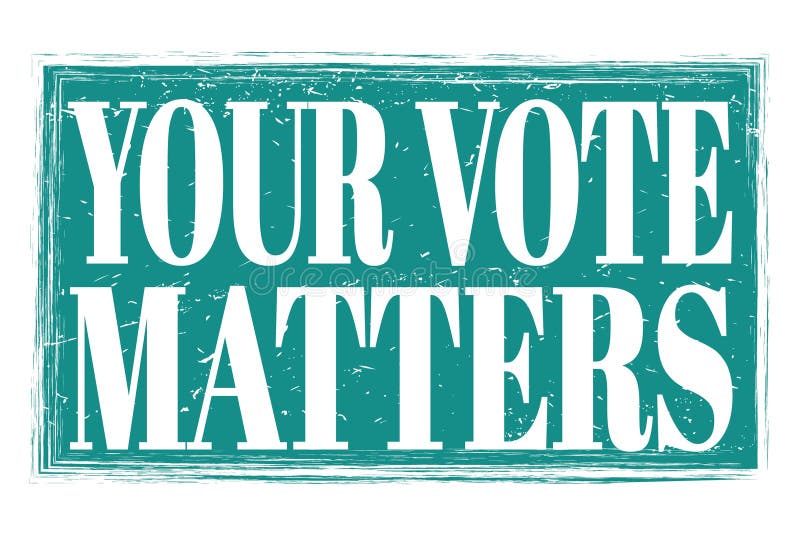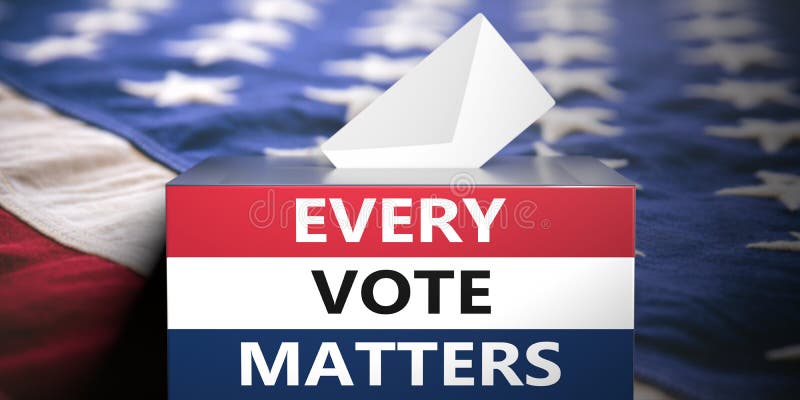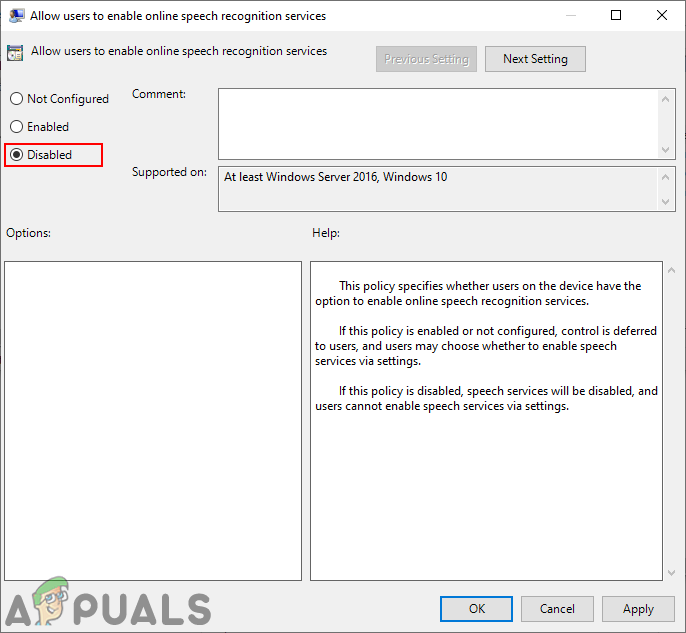5 Reasons Why Your Vote Matters in Every Election

In a world where political discourse often feels overwhelming, it’s easy to wonder whether a single vote truly makes a difference. Yet, the power of individual participation in elections is undeniable, shaping the course of communities, nations, and even global policies. Here’s why your vote matters more than you might think.
1. The Power of the Individual in Collective Decision-Making

Every vote counts, especially in close races. Historically, local and national elections have been decided by margins as slim as a few hundred votes. For instance, the 2000 U.S. presidential election in Florida was determined by just 537 votes, a stark reminder that individual participation can alter outcomes.
Voting is not just a right but a responsibility. It’s a way to ensure that your voice is heard in decisions that affect your daily life, from local school funding to national healthcare policies. By casting your vote, you contribute to a collective decision-making process that reflects the will of the people.
2. Shaping Policies That Impact Your Life

Pro: Elected officials make decisions on critical issues like education, healthcare, and infrastructure. Your vote helps elect representatives who align with your values and priorities, ensuring that policies reflect your interests.
Con: Not voting means relinquishing your influence over these decisions, leaving them in the hands of others who may not share your perspective.
For example, a single vote can tip the balance in favor of a candidate who supports affordable housing, environmental protection, or social justice reforms. These policies directly impact your quality of life and the future of your community.
3. Strengthening Democracy and Civic Engagement
“Democracy is not a spectator sport; it requires active participation.” – Unknown
Voting is a cornerstone of democratic societies. High voter turnout signals a healthy, engaged citizenry and legitimizes the electoral process. When more people vote, it becomes harder for special interests to dominate politics, as elected officials are compelled to address the needs of a broader electorate.
By voting, you contribute to the democratic fabric of your society, ensuring that government remains accountable to the people.
4. Inspiring Others to Participate
Your decision to vote can inspire others to do the same. Whether it’s family members, friends, or colleagues, seeing someone take civic responsibility seriously can create a ripple effect. This is particularly important in communities where voter turnout is traditionally low.
- Lead by example: Share your voting experience on social media or in conversations.
- Encourage others: Help register new voters or offer rides to polling stations.
- Educate: Discuss the importance of voting and its impact on local and national issues.
5. Addressing Historical and Systemic Barriers to Voting

Throughout history, marginalized groups have fought for the right to vote. From the suffrage movement to the Civil Rights Act of 1965, countless individuals have sacrificed to ensure that everyone has a say in governance. Voting honors this legacy and helps dismantle systemic barriers that still exist today.
For example, voter suppression tactics disproportionately affect minority communities. By voting, you challenge these injustices and uphold the principle of equality in democracy.
Does my vote really matter in a large election?
+Yes, every vote matters, especially in close races. Local elections, in particular, are often decided by small margins, and even in larger elections, high turnout can influence policy priorities and political momentum.
What if I don’t like any of the candidates?
+Even if you’re not enthusiastic about the candidates, voting allows you to choose the lesser of two evils or support down-ballot candidates and initiatives that align with your values.
How can I make an informed decision before voting?
+Research candidates’ platforms, attend town halls, and use nonpartisan resources like voter guides to understand where candidates stand on key issues.
What if I can’t vote in person?
+Many regions offer absentee or mail-in voting options. Check with your local election office to understand your alternatives and ensure your vote is counted.
In conclusion, your vote is a powerful tool for change. It shapes policies, strengthens democracy, and honors the struggles of those who fought for this right. By participating in every election, you contribute to a more equitable and representative society. So, the next time you’re tempted to skip voting, remember: your voice matters, and your vote counts.



